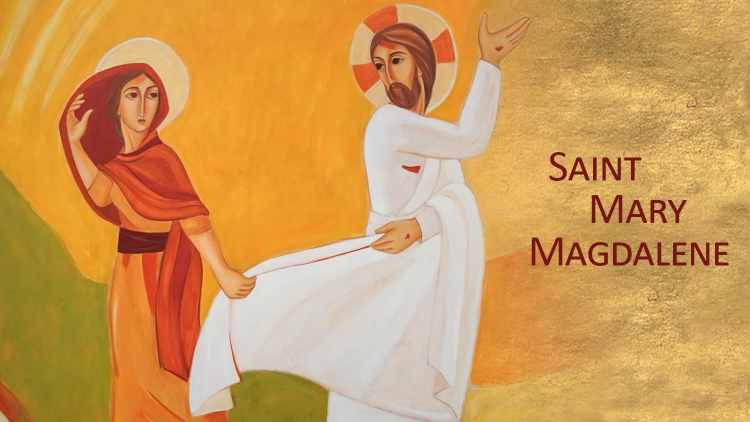HOW WAS MARY MAGDALENE CHOSEN AS A PATRON OF THE DOMINICAN ORDER?
Mary Magdalene holds a significant role within the Dominican Order and is recognized as its secondary patroness due to her pivotal contributions as a witness and proclaimer of the resurrection of Jesus Christ. This reflection explores how she was chosen for this honour and the implications of her legacy.
Mary Magdalene is often referred to as the “Apostle to the Apostles” (Apostola Apostolorum), a title that acknowledges her unique position in the New Testament narratives. She was the first to witness the resurrected Christ and subsequently the first to announce this momentous event to the apostles, making her an essential figure in the early Christian community. This act of proclamation ali gns closely with the mission of the Dominican Order, founded in the early 13th century by St. Dominic, which emphasizes preaching and teaching the Gospel.
gns closely with the mission of the Dominican Order, founded in the early 13th century by St. Dominic, which emphasizes preaching and teaching the Gospel.
The formal recognition of Mary Magdalene as a patroness of the Dominican Order can be traced back to the late 13th century. In 1286, Charles II directed the Order towards devotion to her, and by 1295, the Dominicans were entrusted with the care of her shrine at Sainte-Baume in France, a site believed to be associated with her later life. The General Chapter of Bologna in 1297 further solidified her status by celebrating her feast day with solemnity throughout the Order, thus integrating her into the spiritual and liturgical life of the Dominicans.
Mary Magdalene’s characteristics resonate deeply with the Dominican mission. She embodies the journey of conversion, contemplation, and proclamation—qualities that are essential for effective preaching. Her transformation from a troubled individual, described in the Gospels as having been possessed by seven demons, to a devoted follower of Christ illustrates the power of redemption and the importance of personal faith in the life of a disciple.
Additionally, as highlighted in contemporary reflections, her role as a seeker and a prophet emphasizes the necessity of being open to divine revelation and the unexpected ways in which God can manifest in our lives. This aspect of her story encourages Dominicans and all Christians to embrace their call to witness and share the Gospel, mirroring Mary’s own journey from despair to joy in encountering the risen Christ.
Mary Magdalene’s designation as the patroness of the Dominican Order serves as a reminder of the integral connection between faith and action. Her life exemplifies the essence of discipleship—recognizing one’s own transformation through Christ and the imperative to share that experience with others. As Dominicans strive to live out their mission of preaching, they draw inspiration from her example, affirming that true apostleship is rooted in a profound relationship with Jesus and a commitment to proclaiming His message to the world.

